Trump-Modi bonhomie hours after ‘positive’ trade talks resume
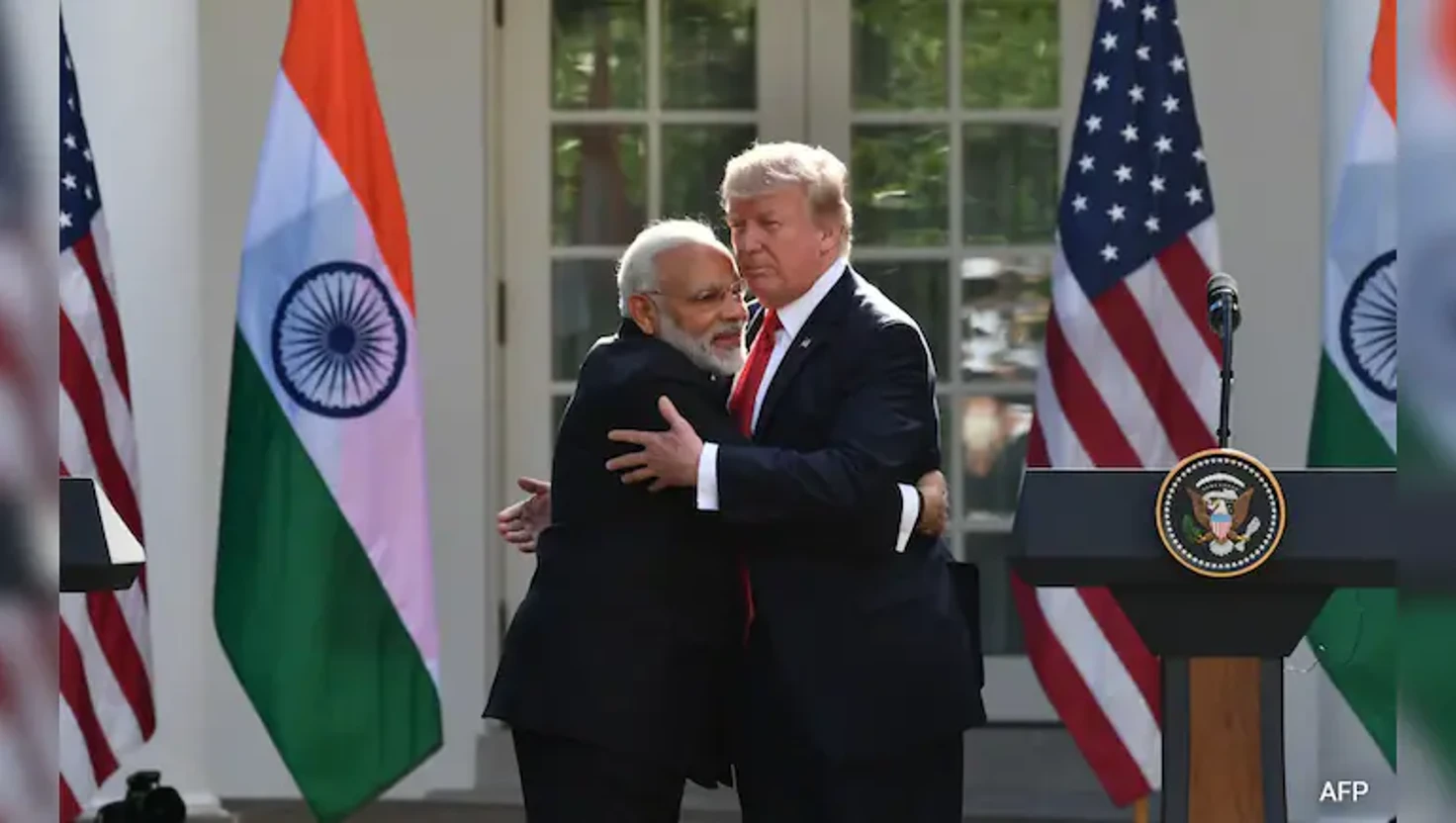
Trump-Modi bonhomie hours after ‘positive’ trade talks resume
US President Donald Trump wishes Indian PM Narendra Modi a happy birthday as trade negotiations resume, addressing key issues between the nations.
Indian Prime Minister Narendra Modi celebrated his 75th birthday on September 17, 2023, receiving birthday wishes from US President Donald Trump. The call between the two leaders took place shortly after the resumption of trade negotiations, which had been stalled due to escalating tensions over tariffs and India's continued importation of Russian oil.
In a post on social media platform X, Modi expressed gratitude for Trump’s well-wishes and reiterated his commitment to enhancing the India-US Comprehensive and Global Partnership. He stated, "Like you, I am also fully committed to taking the India-US Comprehensive and Global Partnership to new heights. We support your initiatives towards a peaceful resolution of the Ukraine conflict."
Trump responded via Truth Social, referring to Modi as a friend and commending him for his substantial efforts. He remarked, "Just had a wonderful phone call with my friend, Prime Minister Modi. I wished him a very Happy Birthday! He is doing a tremendous job. Narendra: Thank you for your support on ending the War between Russia and Ukraine!"
The United States has voiced concerns regarding India's significant purchases of Russian oil, indicating that such actions hinder international efforts to address the ongoing conflict in Ukraine. In response to these purchases, the US government imposed hefty tariffs, which included a 25% duty on imports from India and additional duties for energy sourced from Russia. These tariffs have presented serious challenges for India's trade relationship with the US.
Despite these ongoing issues, recent communication between Modi and Trump seems to reflect a willingness from both sides to navigate complex trade negotiations. Following a positive meeting in Delhi, officials from both nations indicated a shared commitment to advancing discussions aimed at reaching a mutually beneficial trade agreement.
Key issues continue to complicate these negotiations. Firstly, Trump is pressing for India to reduce its intake of Russian energy supplies, a position echoed by US Treasury Secretary Janet Yellen, while acknowledging that India is one of the largest buyers of Russian oil alongside China.
Additionally, India has established firm boundaries in trade discussions, particularly regarding the import of American agricultural products. Prime Minister Modi has expressed dedication to protecting the interests of Indian farmers, resisting pressure to allow unrestricted importation of US dairy and corn, which have been highlighted in discussions.
Particular sensitivity surrounds the issue of patents and the potential for e-commerce agreements. As the dialogue continues, the Indian government maintains that any progress hinges on recognition of these red lines.
The recent thaw in conversations comes amid a backdrop of pointed criticisms made by US officials towards India's energy policies and trade practices. Previously tense exchanges between officials in both countries threatened to derail ongoing negotiations, which are crucial to the future of their economic partnership.
Modi and Trump’s previous interactions demonstrate a personal rapport that may be essential in easing tensions. Following the recent call, Modi’s administration has signalled a readiness to work collaboratively and resolve underlying disagreements.
Despite these positive signals, hurdles remain. The imposition of tariffs and concerns over energy imports underscore the complexities of these talks. Any potential resolution will require trade-offs, particularly concerning India's energy sourcing and the agricultural market.
Furthermore, Trump's references to past foreign policy achievements, including claims of having prevented military conflicts, frame the larger narrative in which trade negotiations are situated. However, India's government has been swift to counter these assertions, emphasising its own stance on maintaining sovereignty in international dealings.
As negotiations continue, both nations face pressure to carve a path forward amid a challenging geopolitical landscape. The dialogue between the United States and India remains pivotal, especially in addressing broader issues of energy security and economic stability as global markets react to ongoing events in Ukraine and Russia.
As discussions progress, both countries seem poised for a period of significant negotiation that could reshape their bilateral relations in the long run, heralding a new chapter in the historically complex ties between two of the world’s largest democracies.
In a post on social media platform X, Modi expressed gratitude for Trump’s well-wishes and reiterated his commitment to enhancing the India-US Comprehensive and Global Partnership. He stated, "Like you, I am also fully committed to taking the India-US Comprehensive and Global Partnership to new heights. We support your initiatives towards a peaceful resolution of the Ukraine conflict."
Trump responded via Truth Social, referring to Modi as a friend and commending him for his substantial efforts. He remarked, "Just had a wonderful phone call with my friend, Prime Minister Modi. I wished him a very Happy Birthday! He is doing a tremendous job. Narendra: Thank you for your support on ending the War between Russia and Ukraine!"
The United States has voiced concerns regarding India's significant purchases of Russian oil, indicating that such actions hinder international efforts to address the ongoing conflict in Ukraine. In response to these purchases, the US government imposed hefty tariffs, which included a 25% duty on imports from India and additional duties for energy sourced from Russia. These tariffs have presented serious challenges for India's trade relationship with the US.
Despite these ongoing issues, recent communication between Modi and Trump seems to reflect a willingness from both sides to navigate complex trade negotiations. Following a positive meeting in Delhi, officials from both nations indicated a shared commitment to advancing discussions aimed at reaching a mutually beneficial trade agreement.
Key issues continue to complicate these negotiations. Firstly, Trump is pressing for India to reduce its intake of Russian energy supplies, a position echoed by US Treasury Secretary Janet Yellen, while acknowledging that India is one of the largest buyers of Russian oil alongside China.
Additionally, India has established firm boundaries in trade discussions, particularly regarding the import of American agricultural products. Prime Minister Modi has expressed dedication to protecting the interests of Indian farmers, resisting pressure to allow unrestricted importation of US dairy and corn, which have been highlighted in discussions.
Particular sensitivity surrounds the issue of patents and the potential for e-commerce agreements. As the dialogue continues, the Indian government maintains that any progress hinges on recognition of these red lines.
The recent thaw in conversations comes amid a backdrop of pointed criticisms made by US officials towards India's energy policies and trade practices. Previously tense exchanges between officials in both countries threatened to derail ongoing negotiations, which are crucial to the future of their economic partnership.
Modi and Trump’s previous interactions demonstrate a personal rapport that may be essential in easing tensions. Following the recent call, Modi’s administration has signalled a readiness to work collaboratively and resolve underlying disagreements.
Despite these positive signals, hurdles remain. The imposition of tariffs and concerns over energy imports underscore the complexities of these talks. Any potential resolution will require trade-offs, particularly concerning India's energy sourcing and the agricultural market.
Furthermore, Trump's references to past foreign policy achievements, including claims of having prevented military conflicts, frame the larger narrative in which trade negotiations are situated. However, India's government has been swift to counter these assertions, emphasising its own stance on maintaining sovereignty in international dealings.
As negotiations continue, both nations face pressure to carve a path forward amid a challenging geopolitical landscape. The dialogue between the United States and India remains pivotal, especially in addressing broader issues of energy security and economic stability as global markets react to ongoing events in Ukraine and Russia.
As discussions progress, both countries seem poised for a period of significant negotiation that could reshape their bilateral relations in the long run, heralding a new chapter in the historically complex ties between two of the world’s largest democracies.
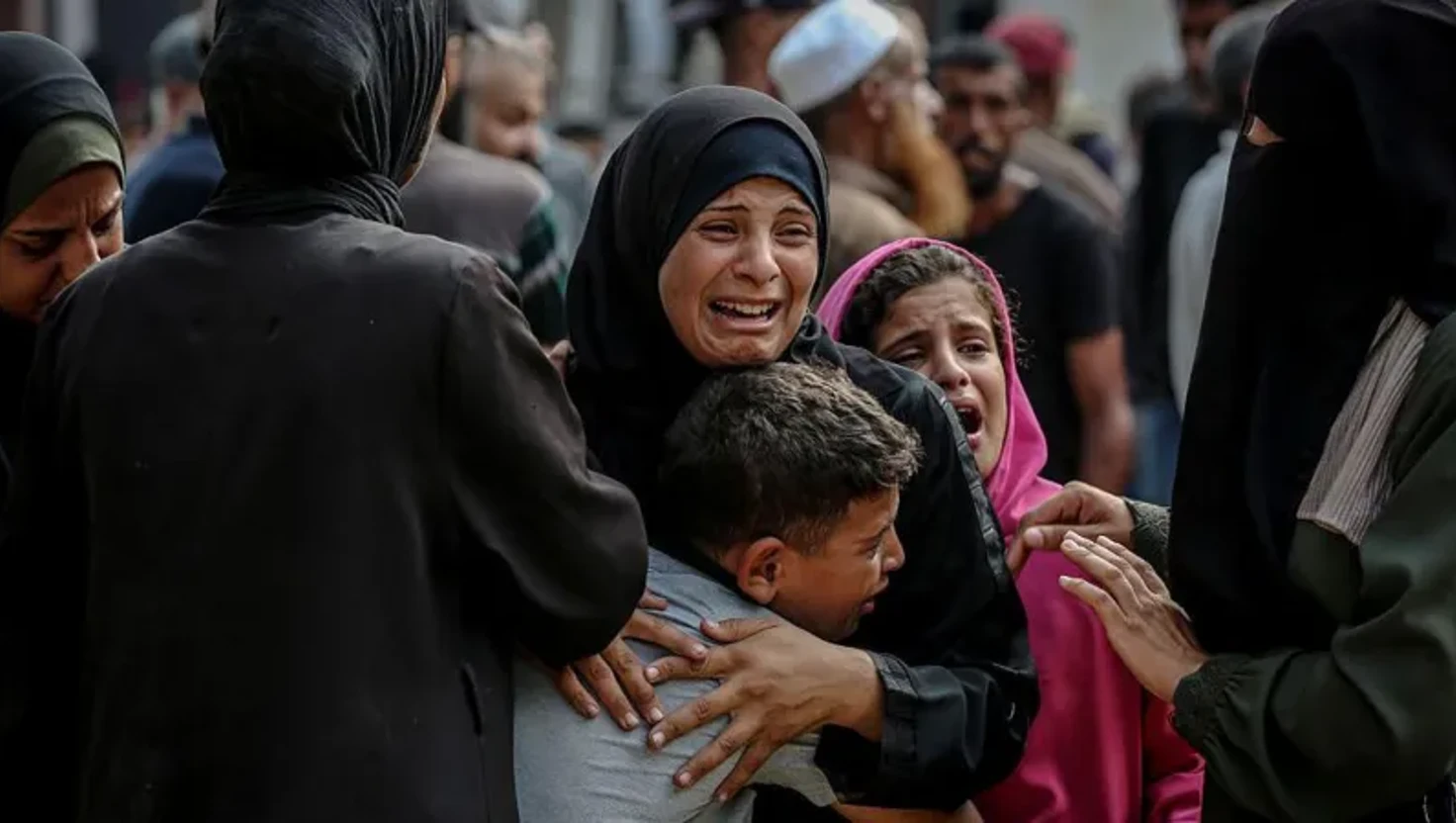
Famine Confirmed in Gaza. 'Failure of Humanity', says UN Chief
Over half a million people face severe hunger in Gaza, leading to a declared famine, as urgent humanitarian aid is sought.
| 2025-08-23
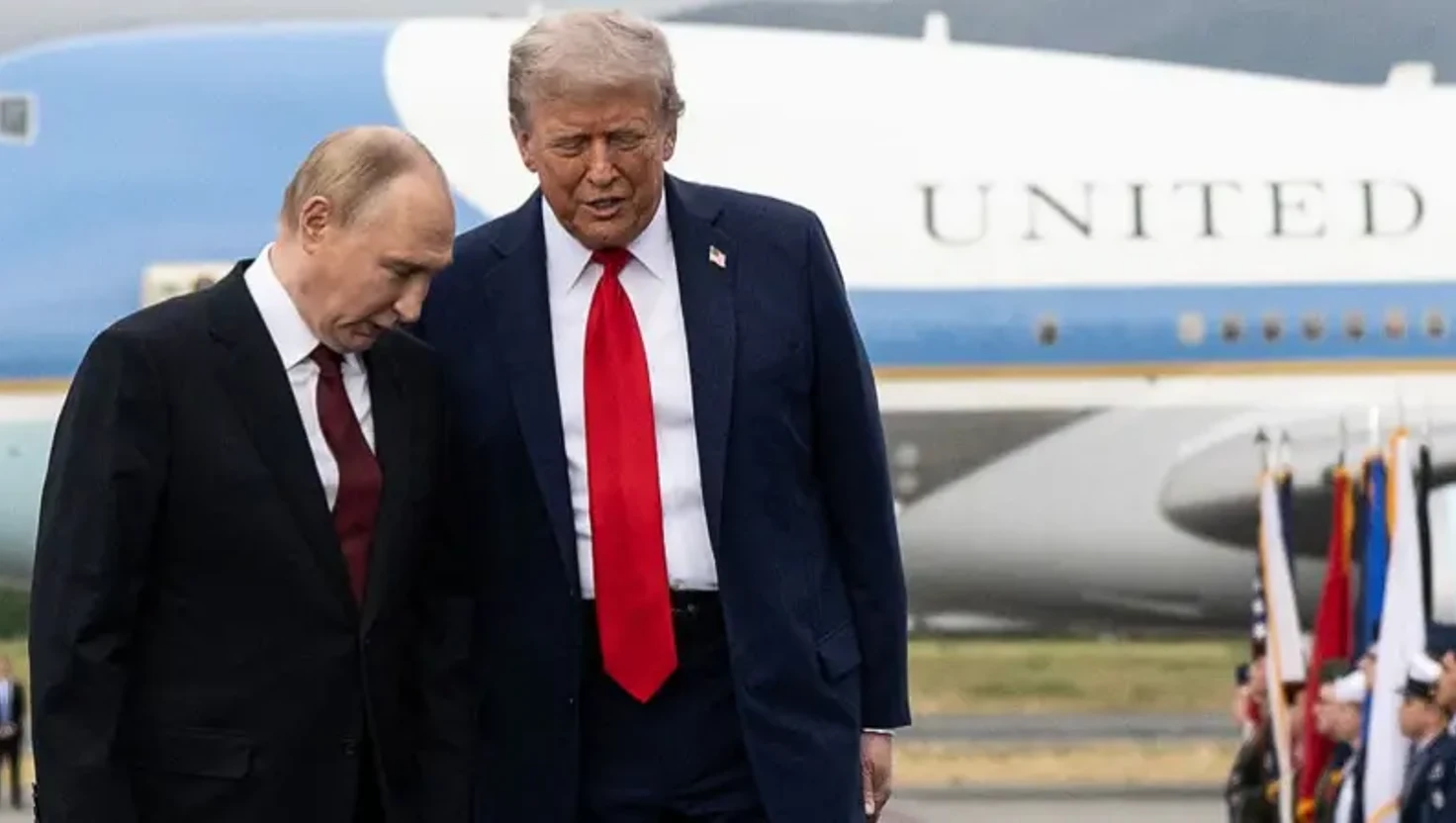
Talks with Trump on Ukraine ‘frank and useful,’ says Putin
Vladimir Putin and Donald Trump held talks in Alaska, viewed as a potential step toward peace in Ukraine, though concessions remain contentious.
| 2025-08-17
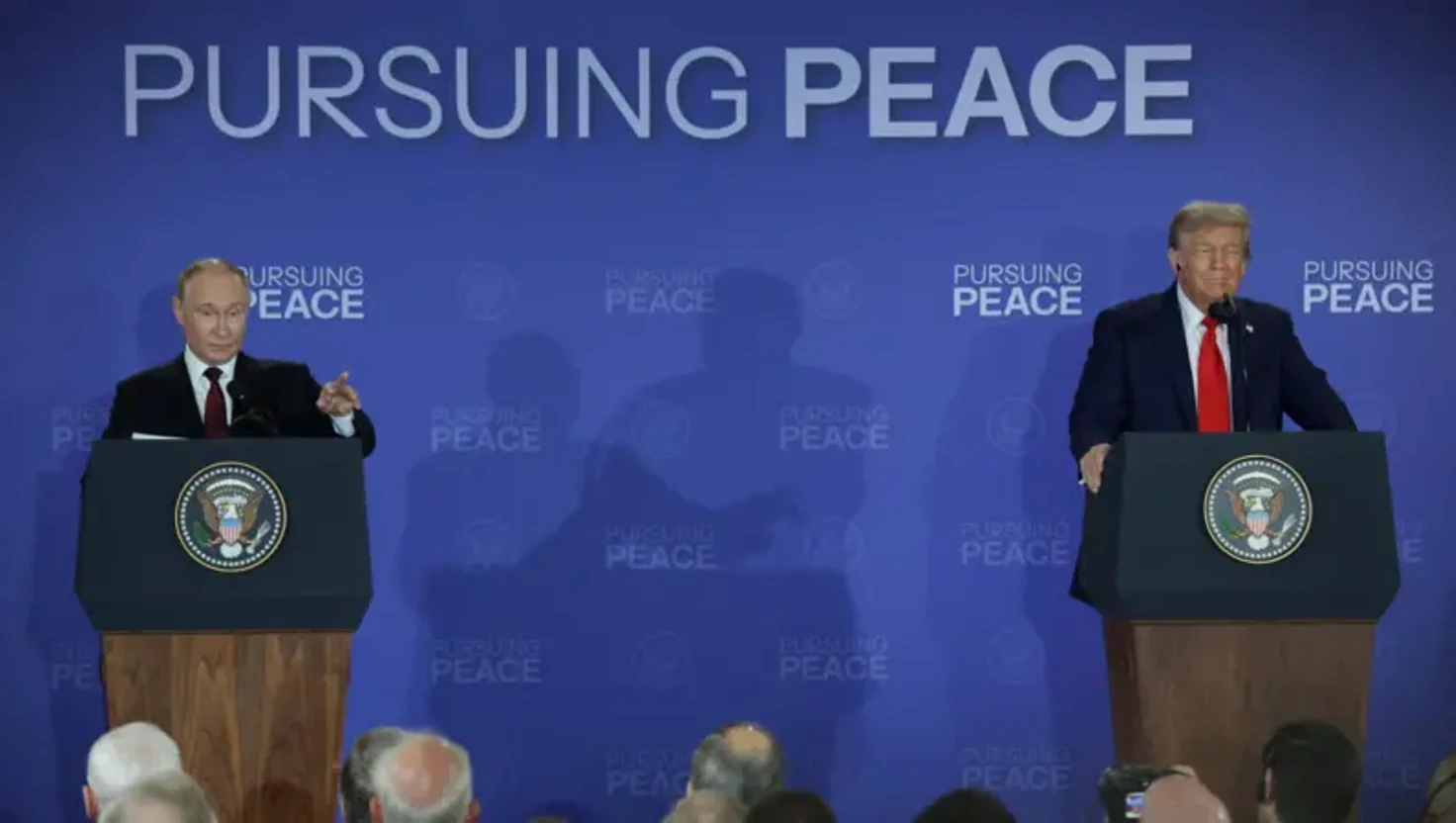
No deal but 'progress made' on Ukraine, says Trump after talks with Putin
US President Donald Trump and Russian President Vladimir Putin complete discussions without a resolution on the Ukraine conflict, characterising talks as productive.
| 2025-08-16
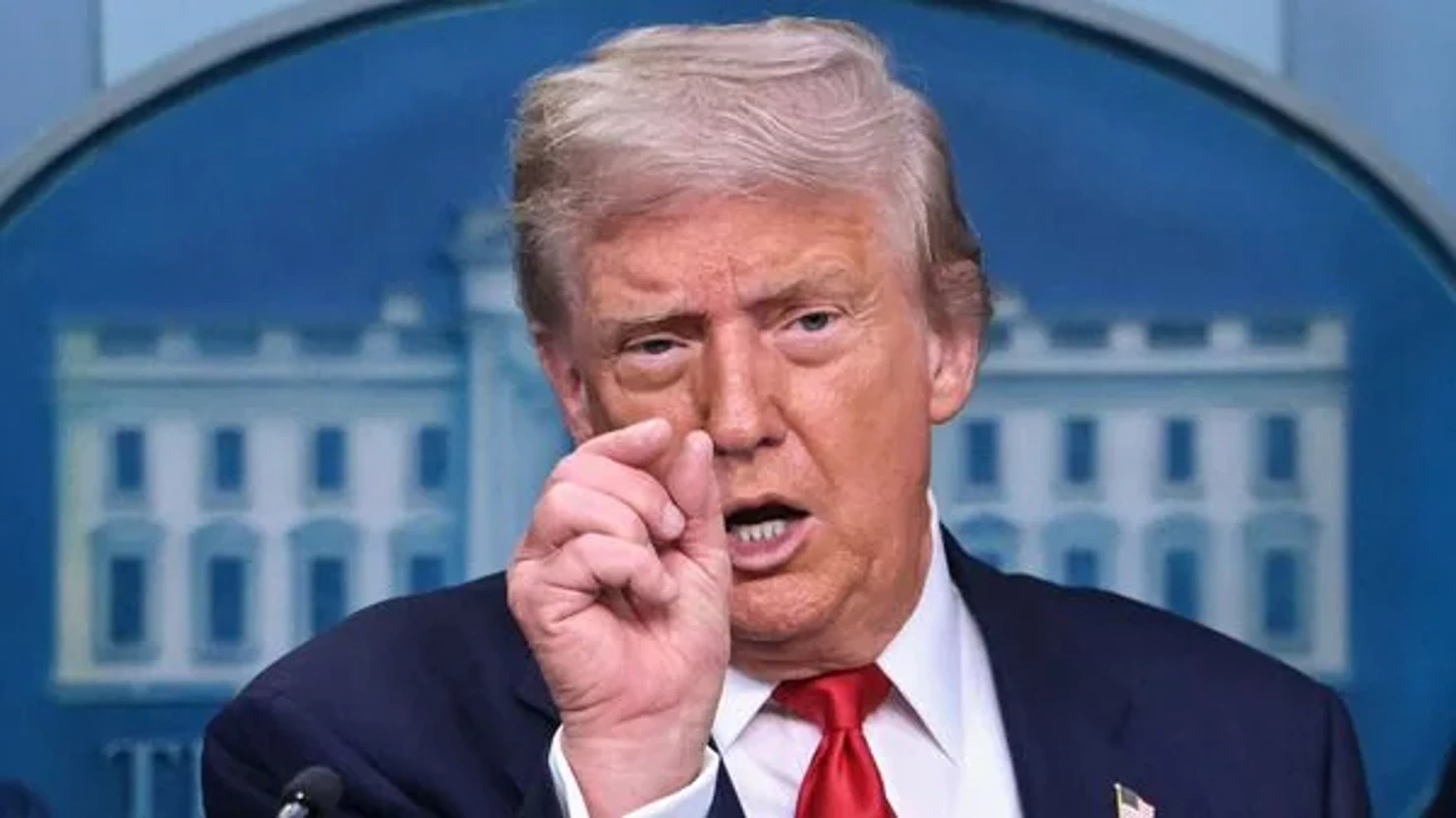
Trump Announces Federal Control Over Washington D.C. Police Force
President Donald Trump deploys the National Guard and assumes control of D.C. police as part of new crime and homelessness initiatives.
| 2025-08-12
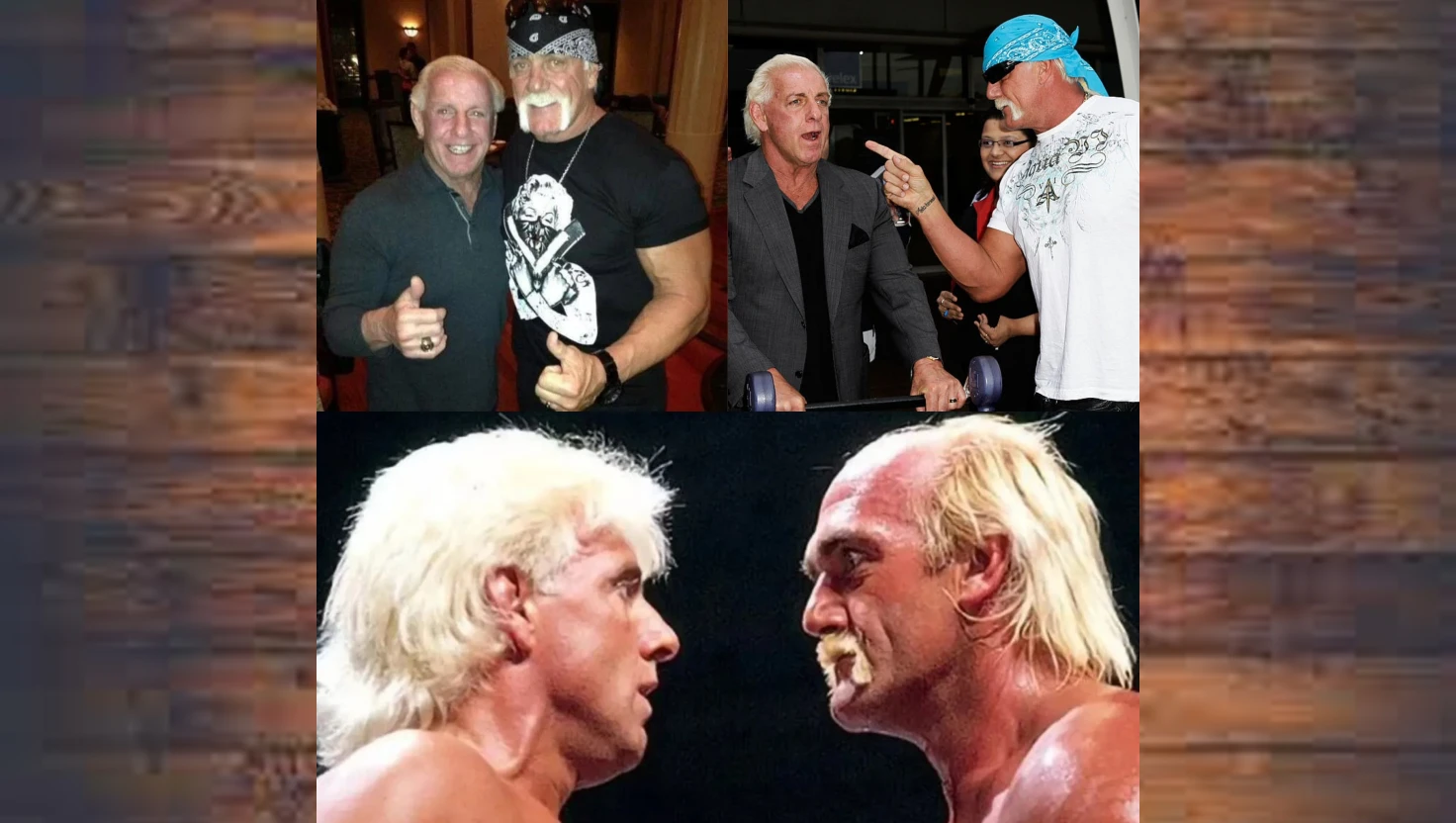
Wrestling Icon Hulk Hogan Dies at 71, Leaving Lasting Legacy
Professional wrestler Hulk Hogan, known for his charisma and influence in the sport, passes away at 71, leaving a profound impact on wrestling culture.
| 2025-07-25




